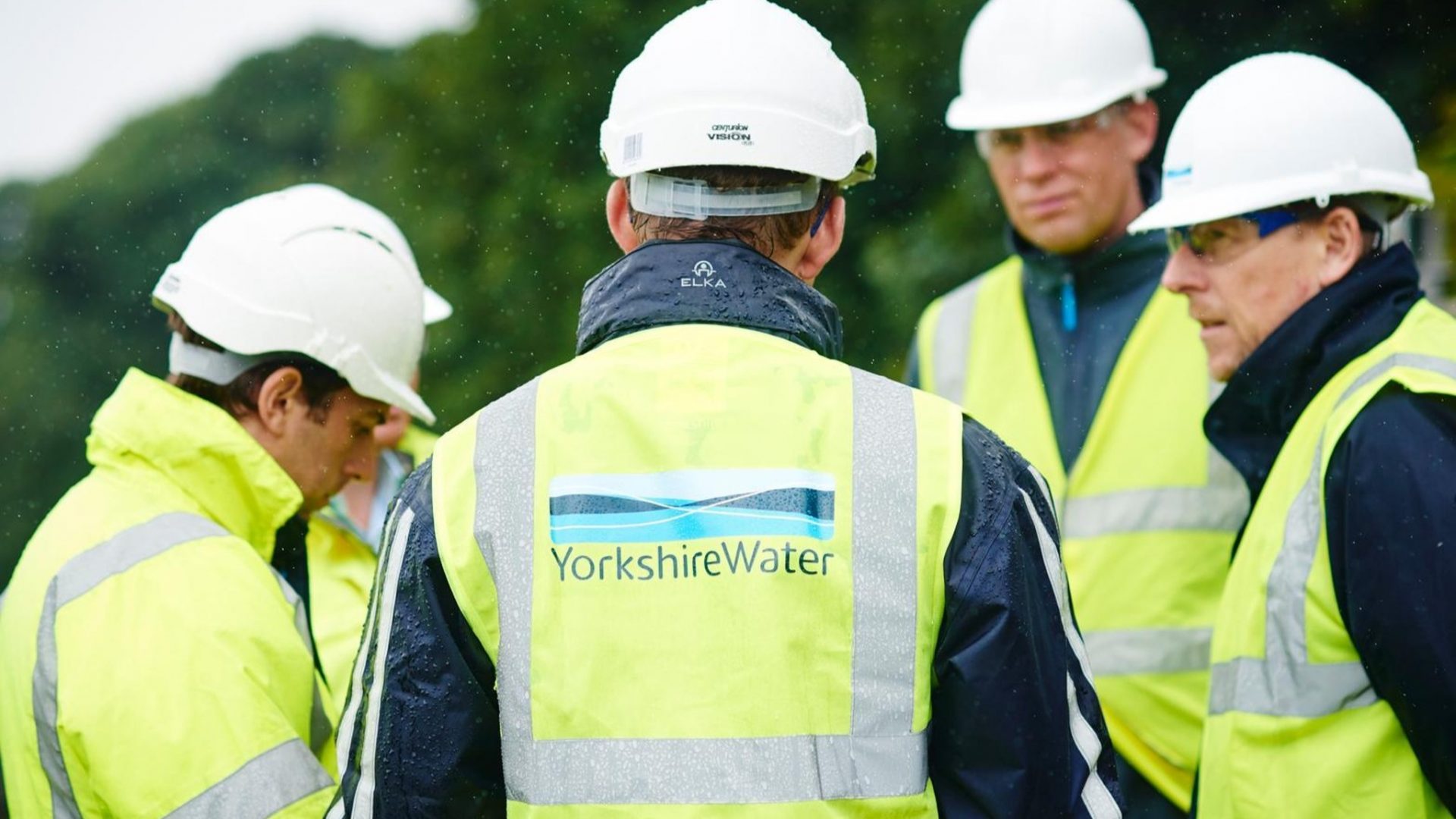Yorkshire Water and Aqua Enviro have developed a ground-breaking metagenomics project, which will be used to monitor and control performance at wastewater treatment works during conversion to Enhanced Biological Phosphorus Removal (EBPR) configuration.
The genetic sequencing tool will help Yorkshire Water gain an increased understanding of the different populations of bacteria at its sites and the conditions that impact their performance, while the EBPR upgrades are carried out.
It is hoped the results of the project will enable the utility to improve the performance of its wastewater treatment works and help the business meet its environmental and sustainability ambitions.
Tom Taylor, innovation technical specialist at Yorkshire Water, said: “This is a ground-breaking project and we’re pleased to be leading the way with the trialing of this technology.
“We hope the genetic sequencing tool will improve efficiency at our treatment works and ultimately provide better value for money for our customers. Benefits will also be seen in the treated water we return to the environment.”
Metagenomics involves sequencing the genetic material within wastewater treatment to determine the types and abundances of microbes present, giving valuable data that can inform on operation and process optimisation of a treatment works. Profiles of Nitrifiers, methanogens and Anammox bacterial populations have been studied in depth.
Aqua Enviro has validated its own sequencing work flow across a variety of wastewater processes such as conventional activated sludge plants (ASP), ammonification process, Upflow Anaerobic Sludge Blanket (UASB) reactors, Anaerobic Digestion, and enhanced biological phosphorus removal (EBPR) processes.
A particular focus of the research is the bacterial ecosystem found in EBPR processes, specifically Phosphorus Accumulating Organisms (PAOs) and Glycogen Accumulating Organisms (GAOs). With ever-tightening phosphorus consents coinciding with the rise in the price of chemicals such as ferric and the continuing supply chain disruptions, many sites are looking to biological phosphorus removal.
Being able to monitor and understand the changes in PAO populations will play a significant role in future phosphorus removal strategies. The active deployment of process monitoring and control via metagenomics, will aid in achieving environmental and sustainability targets for the industry.
Dr Mikael Khan of Aqua Enviro commented: “Here at Aqua Enviro we are focused on unlocking the ‘black box’ of biological wastewater treatment technologies and believe that our knowledge of metagenomics and sequencing tools can be used to support the water utilities and other waste, wastewater and effluent treatment plant operators using these technologies.”



